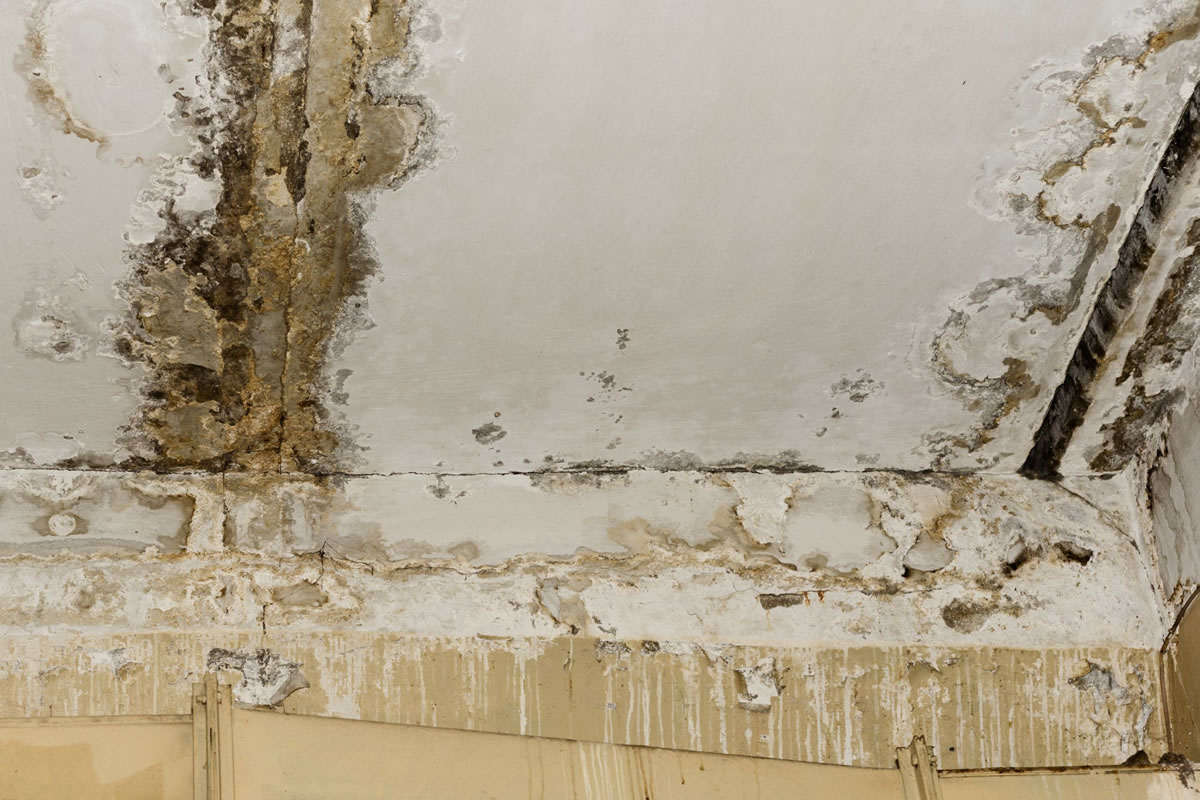Understanding Water Damage

Discouraging water damage is a property owner's initial step toward bypassing expensive home restorations. Water damage is the primary culprit that strains your house's foundation and the system that holds your residence together. Moist wood invites termites, mildew, mold, and carpenter ants. The best thing you can do is guarantee good drainage. Poor drainage depletes your foundation, compelling cracks, uneven settling, and paths for moisture to enter the house. Another way property owners can control water damage in the house is by testing their sump pump routinely.
How To Prevent Foundation Water Damage
Keep your gutters and downspouts functioning correctly to stop your foundation from experiencing water damage. One of the major assets of maintaining gutters is that they relieve moisture pooling around your foundation. Keep gutters free from leaves and debris so that precipitation can be adequately dispersed away from your foundation. Confirm that channels have a suitable screen, so leaves do not gather. Another manner for property owners to avert water damage is by keeping their property in reasonable shape. Inspecting the foundation and the surrounding facilities will alert you to possible problems.
What Is The Primary Cause Of Foundation Issues?
Moisture is the principal offender of foundation troubles. If either the ground has too much moisture or insufficient water in the soil, the earth will expand or contract. The spectrum's more extreme side involves expansive soils' swelling prospects. This can happen due to plumbing leaks and subsurface water from storms or a high water table. Surface moisture happens because of insufficient drainage of landscape moisture or rainwater. When soil loses moisture, your foundation might settle. Circumstances include the chance of drought. A settlement is normally most significant near the foundation's edge, where the earth dries fastest.
Can Water Harm Your House's Foundation?
To be clear, continuous leaks in your home lead to mildew and mold growth. Mildew and mold spores can journey through your house's HVAC system and contaminate a home. Repairing a leak shortly after it happens helps to prevent long-term damage. Contact your regional, reliable plumber if your house is encountering frequent leaks. One of the ways homeowners can inspect for leaks is to scan for dark spots beneath pipes, under kitchen sinks, and blots on ceilings of two-story homes. Toilets that wobble back and forth and random drips are also cause to have apprehensions.
How Do You Repair Water Damage In A Home?
While water is a necessity for homeowners, managing it comes at a cost. When pipes burst or leaks happen, water damage can compel all kinds of headaches for property owners. Homeowners with water-damaged walls might wonder if there is something they can do to fix the issue. To start with, specify the origin of the moisture or leak. Contacting a certified plumber will dramatically expedite the procedure. The next thing to do is shut off the water source and evaluate the damage. Next, the soggy drywall will require removal.
